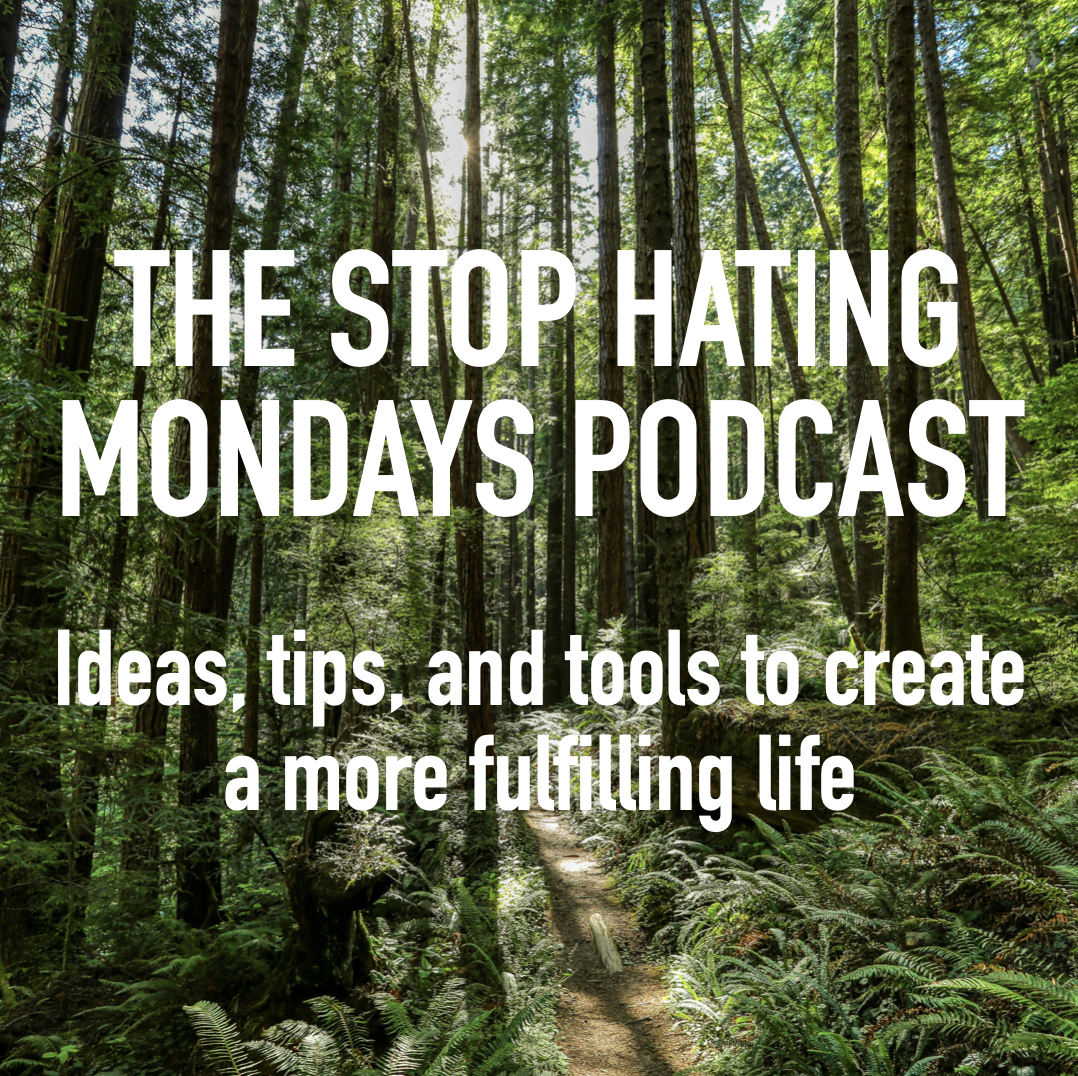Searching for Meaning at Work Could be Making You Miserable
Kent R.
There is absolutely nothing wrong with seeking meaning and fulfillment in work. With many Americans working well over 40-hours per week on average (per the US Bureau of Labor Statistics), you should be deriving some satisfaction beyond a paycheck. The truth is, though, that many people are seeking too much meaning from work, and it is making them miserable.
Again, finding meaning in the work you do is a positive thing. However, you can’t effectively find fulfillment in work without first building a sense of self and a baseline understanding of your strengths and values. Without a centering understanding of who you are outside of work, you are likely to fall into the trap of elevating the role that work plays in your life to unhealthy levels, a trend that is now being called workism.
Workism is essentially the twisted notion that work can serve as your primary (if not sole) source of meaning. It’s the belief that if you place work above all else you will find meaning and fulfillment. Like so many belief systems, workism is a powerful promise and premise. But it’s a lie and it can lead you to be:
Gullible – Many companies have a genuine vision for the impact they can make. Of course, many don’t (does anyone believe that Facebook is actually working to “to build a global community that works for all of us?). Regardless, a company vision should be a unifying idea, not a sacrament. Because you are seeking too much meaning in work, you over-identify with the feel-good buzz words that make up your company vision. Your employer can sense this and knows that they can reap the rewards of all the energy you devote to helping the company fulfill its vision.
Anxious – You are putting all of your energy into work and the “meaning” it brings you. But if you lose this job, you will not have any sense of purpose – even misguided purpose. So, you spend your day crippled with anxiety about how well your colleagues are doing, fearful that you are being outperformed, passed up for a promotion, and in danger of being laid off.
Underpaid – It is in every company’s best interest to maximize human resources and minimize costs. That’s business. And companies have gotten very skilled at this. One of the key ways in which employers extract greater levels of effort for less money is by driving the idea that meaning is as or more important than a fair salary. You believe them and feel grateful to just have a job that makes you feel good. The problem is, during the few hours you have to yourself that aren’t spent sleeping, you don’t feel good. You feel undervalued.
Fake – You know that finding meaning at work is valuable social currency. That is why your Instagram feed is full of people who seem to be deeply fulfilled doing whatever it is they do. Of course, you know these people and you know they are struggling as much as you are. Despite that, those stories drive you to find greater meaning at work while posting pics of yourself “living your best life” both at work and in the few hours you actually aren’t working.
Misguided – You’re willing to optimize out the very things in life that make you genuinely happy so that you can spend more time working. Sadly, you’re not even appreciating the meaning that is present in your life outside of work because you are so aligned with the notion that work is the only place to find real meaning. Alternately, you find so little fulfillment in your non-work life that you decide to give more and more to work because it provides some sense of belonging and meaning.
Ultimately, your anxiety, insecurity, willingness to work long hours for little pay, and unquestioned devotion to the company vision makes you an excellent employee. In short, you are being exploited. You are exactly who your employer wants you to be – someone willing to kill themself searching for a sense of meaning while enriching the company.
All of that may sound very dark and like a plea to not seek any meaning at all from work, so let me say it again: deriving a sense of meaning and fulfillment from the work you do is a wonderful goal. But it demands that you first understand who you are – what your strengths and values are.
Knowing yourself is a powerful antidote to the hollow promise of workism. It provides you with a framework for decision making and a sense of clarity as you move through the world. It also enables you to do work that is increasingly aligned with your strengths and values, which is how you find real meaning and fulfillment in work.



